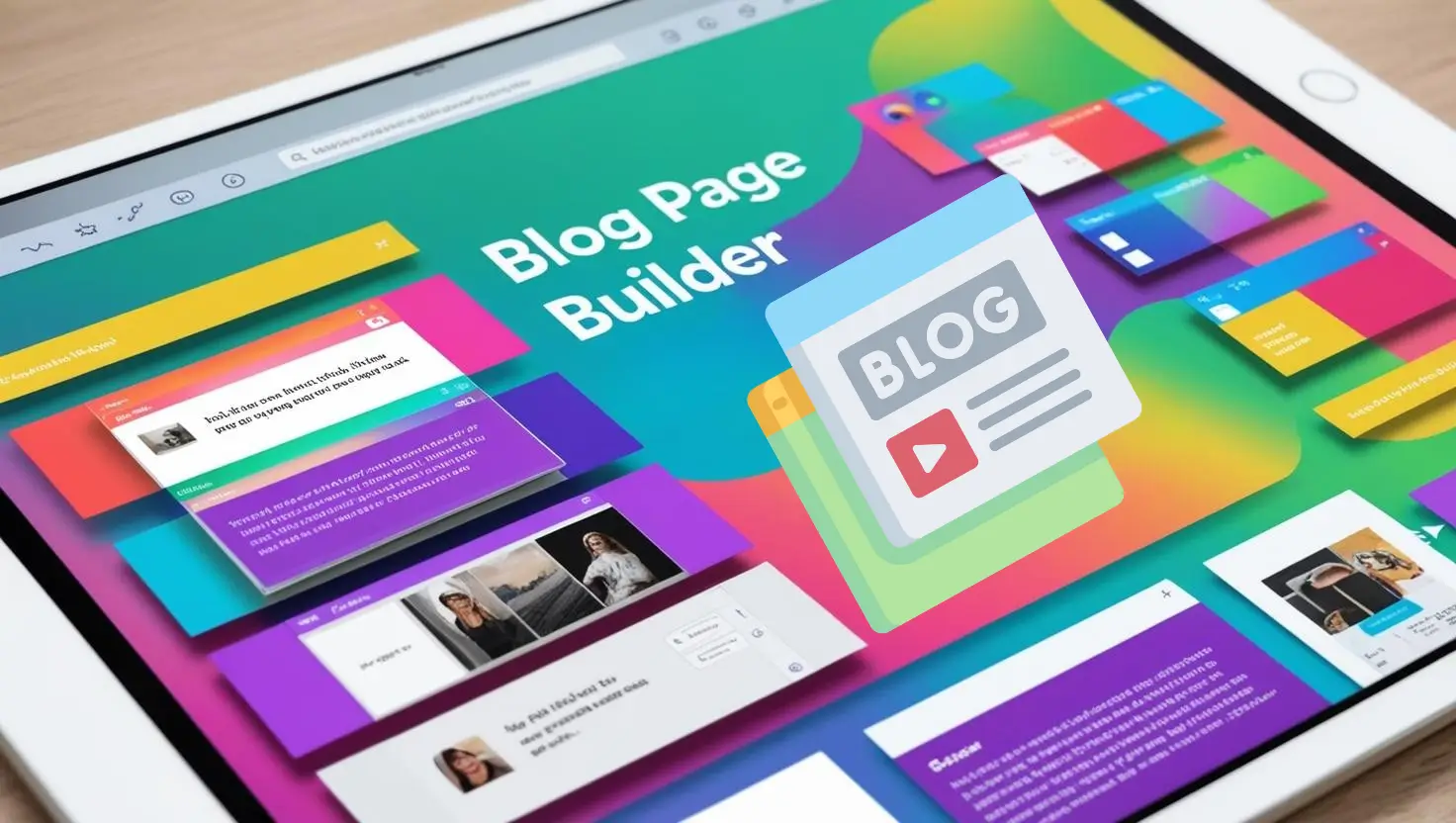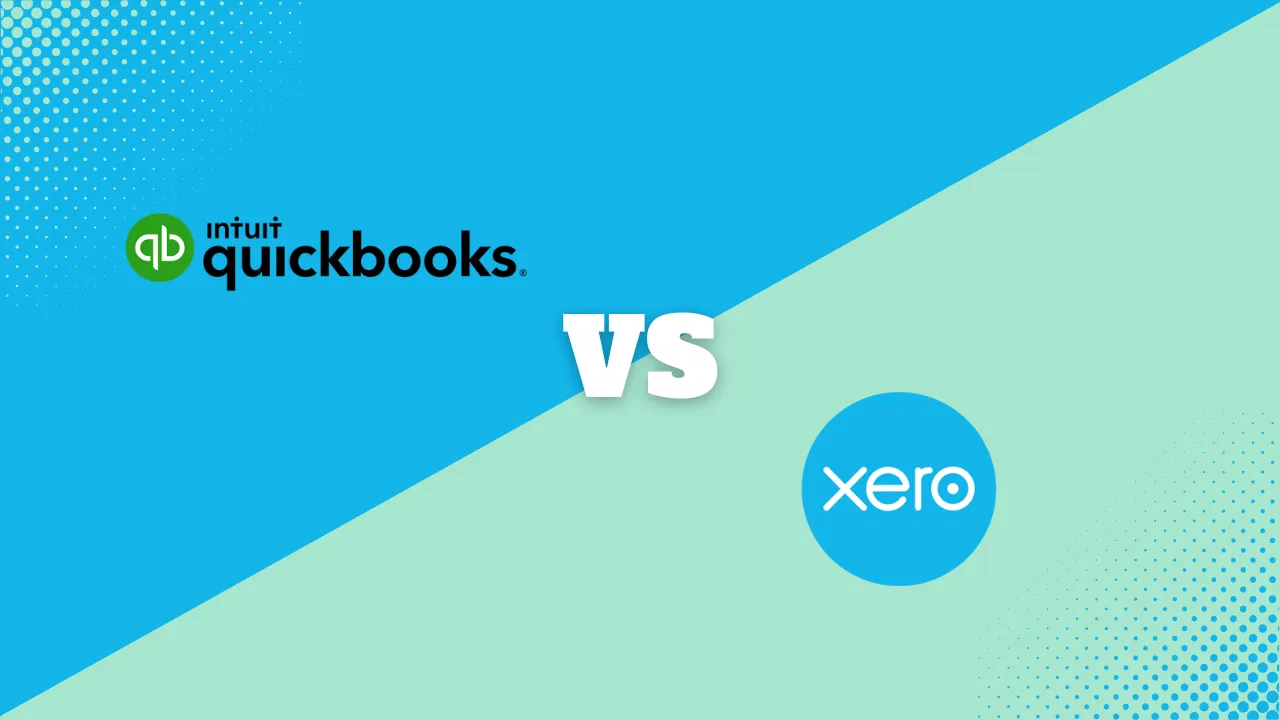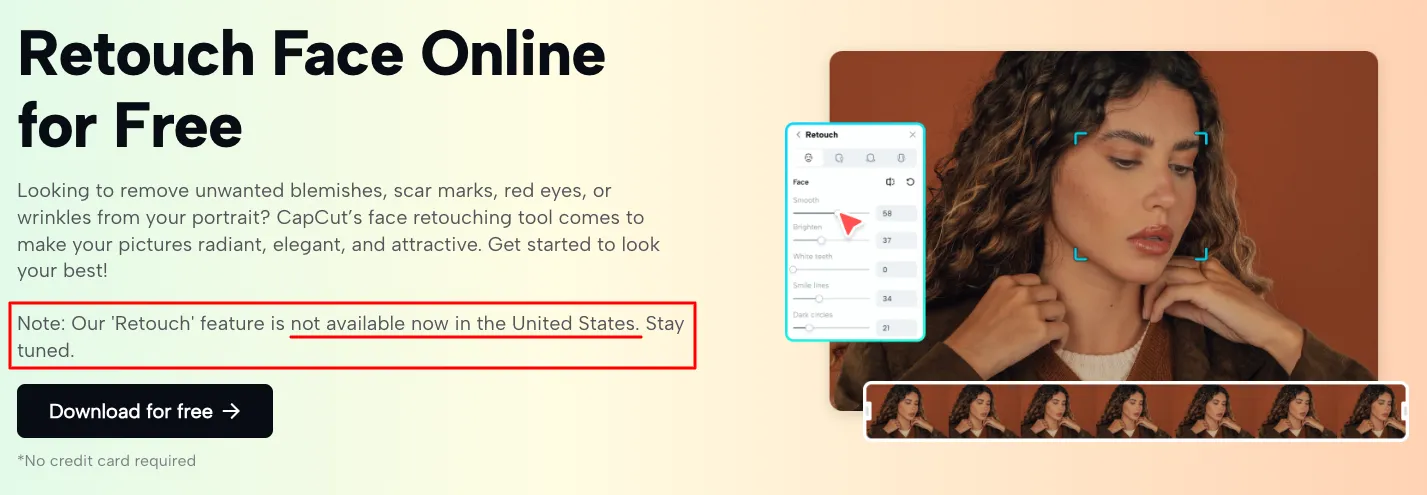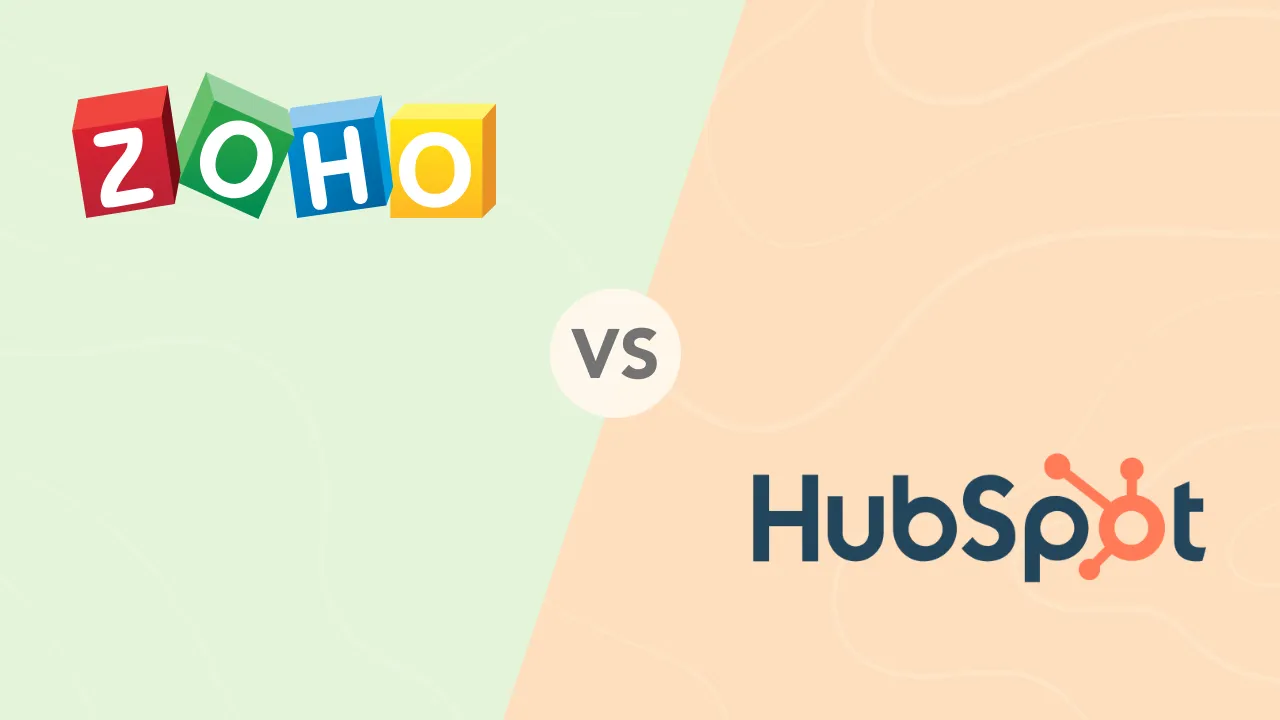How to Choose a CMS in 2025: The Sonary Method for Small Businesses

At Sonary, we’ve helped thousands of businesses navigate the complex world of software. We know that choosing the right Content Management System (CMS) is one of the most stressful decisions a founder can make. It’s a choice filled with technical jargon, hidden costs, and the fear of being locked into the wrong platform.
This guide is different. It’s built on Sonary’s core mission: to replace confusion with clarity. We’ll walk you through our expert-led method to choose the perfect CMS, helping you avoid the common pitfalls and select a platform that truly serves as a growth partner for your business.
Step 1: The Foundation – The Sonary Discovery Process
Before you look at any platform, we need to define the “job description” for your website. This is the most critical step, and it’s where most mistakes happen.
-
Define Your Primary Business Goal (Your “Why”): What is the #1 measurable outcome your website must achieve?
-
Generate Leads: Capturing qualified contacts for your service business.
-
Drive E-commerce Sales: Processing transactions flawlessly 24/7.
-
Build Brand Authority: Becoming the go-to resource in your niche through content.
-
Showcase Work: Creating a stunning first impression that converts visitors into clients.
-
-
Assess Your Technical Comfort Zone (Your “Who”): Be honest about your team’s skills and time.
-
“We’re a Lean Team”: You need a simple, user-friendly platform where you can do everything yourselves.
-
“We’re Willing to Learn”: You can handle a steeper learning curve for more power and control.
-
“We Have a Developer”: You can consider more complex, but highly flexible, systems.
-
-
Calculate the True Cost of Ownership (Your “How Much”): At Sonary, we emphasize looking beyond the sticker price. The advertised monthly fee is rarely the final cost.
-
Platform Fees: Subscriptions for the CMS itself.
-
Essential Add-ons: Costs for premium plugins, apps, and themes.
-
Transaction Fees: A percentage taken from every sale on e-commerce platforms.
-
Hosting & Security: Separate costs, especially for platforms like WordPress.
-
Human Hours: The cost of your team’s time to manage and update the site.
-
Step 2: Understanding the CMS Market – Data-Backed Insights from Sonary
Our experts constantly analyze the market to provide the best recommendations. Here’s the landscape in 2025.
(Statistics section remains the same, as it is factual data.)
-
WordPress is the undisputed global leader, powering a staggering 43.4% of all websites.
-
Shopify has solidified its position as the e-commerce champion with 6.3% of the CMS market share.
-
Wix and Squarespace hold approximately 3.6% and 2.9% of the market, respectively, as the leaders in the user-friendly, all-in-one space.
Sonary Insight: Popularity doesn’t always mean “best for you.” WordPress’s dominance is undeniable, but for many SMBs, the simplicity and security of a platform like Shopify or Squarespace provide a far better return on investment.
Step 3: How to Choose the Perfect CMS for Your Business Type
Now let’s match your goals from Step 1 with the best platforms on the market, including top alternatives for each scenario.
Best CMS for E-commerce Businesses
Your goal is to sell, and you need a platform built for transactions, security, and inventory management.
-
Sonary’s Top Recommendation: Shopify
 Trusted by millions of businesses globally
Trusted by millions of businesses globally  Drag-and-drop store creator
Drag-and-drop store creator -
- Why our experts recommend it: Shopify removes the technical barriers to selling online. Its singular focus on e-commerce means every feature is optimized to convert visitors into customers, manage inventory, and process payments securely. It’s the fastest path from idea to first sale.
-
Key Benefits:
-
Abandoned Cart Recovery: Automatically emails customers who leave without buying, recovering significant lost revenue.
-
Massive App Store: Integrate thousands of apps for dropshipping, marketing, customer reviews, and more.
-
Scalability: Starts simple but can grow with you all the way to Shopify Plus, used by enterprise brands.
-
-
Payment Gateways: Built-in Shopify Payments makes accepting credit cards seamless.
- Alternative: WordPress with WooCommerce
 Vast ecosystem of extensions
Vast ecosystem of extensions  Enables limitless customization
Enables limitless customization -
-
Why you might choose it: If you want 100% control over every aspect of your store and are willing to manage the technical side, WooCommerce (a WordPress plugin) offers unmatched flexibility.
-
Key Benefits:
-
Unlimited Customization: You can design and build any kind of product experience you can imagine.
-
No Platform Fees: You don’t pay a cut of your sales to the platform (though you still have payment processor fees).
-
Powerful SEO: Leverage WordPress’s legendary SEO capabilities to rank your products higher.
-
Best CMS for Service Businesses, Portfolios & Creatives
Your goal is to build trust, showcase your expertise, and make it easy for clients to contact you or book appointments.
- Sonary’s Top Recommendation: Squarespace
 All-in-one platform to power your website
All-in-one platform to power your website  Easy-to-customize website templates
Easy-to-customize website templates -
-
Why our experts recommend it: In business, trust is everything. Squarespace excels at creating a polished, professional first impression. Its award-winning templates and all-in-one nature mean you can build a site that looks like it cost thousands, all by yourself.
-
Key Benefits:
-
Best-in-Class Templates: Visually stunning designs perfect for photographers, consultants, designers, and architects.
-
Integrated Tools: Comes with built-in scheduling tools (Acuity Scheduling), email marketing, and beautiful gallery options.
-
Simplicity: The all-in-one platform means you never have to worry about security, hosting, or updates.
-
-
-
Alternative: Wix
 Choose from 800+ designer made templates
Choose from 800+ designer made templates  1000+ innovative small business features
1000+ innovative small business features -
-
Why you might choose it: If you want more creative freedom than Squarespace’s templates allow, Wix’s true drag-and-drop editor lets you build a pixel-perfect site.
-
Key Benefits:
-
Total Design Freedom: Place any element anywhere on the page.
-
Huge App Market: Add features for bookings, events, forums, and more.
-
Wix ADI (Artificial Design Intelligence): Answer a few questions and let Wix’s AI create a surprisingly good starting point for your site.
-
-
Best CMS for Content-Rich Sites & Businesses Needing Full Control
Your goal is to publish content, rank on Google, and have a flexible platform that can adapt to any need.
-
Sonary’s Top Recommendation: WordPress.org
 Professionally-designed themes
Professionally-designed themes  Create a mobile‑friendly site with a click
Create a mobile‑friendly site with a click -
-
Why our experts recommend it: When you need ultimate control and a platform that can be molded into anything, WordPress is unmatched. Its power lies in its limitless flexibility and SEO dominance, making it the ideal choice for businesses built on content and authority.
-
Key Benefits:
-
Unmatched SEO: Use plugins like Yoast SEO or Rank Math to get granular control over how your site appears in search results.
-
Ultimate Flexibility: It can be a simple blog, a massive news site, a membership site, a lead-generation hub, and more. You are never limited.
-
You Own Everything: You have full ownership of your data and content, with no risk of being “locked in” to a platform.
-
-
-
Alternative: Wix
 Choose from 800+ designer made templates
Choose from 800+ designer made templates  1000+ innovative small business features
1000+ innovative small business features -
-
Why you might choose it: If you want a powerful business website with strong content features but without the maintenance and security responsibilities of WordPress, Wix is an excellent all-in-one solution.
-
Key Benefits:
-
Integrated Business Suite: Comes with a built-in CRM, email marketing, social media tools, and advanced SEO features, eliminating the need for many separate plugins.
-
Ease of Use: Its intuitive editor is far simpler for non-technical users than managing a complex WordPress build.
-
No Maintenance Headaches: Wix handles all security, hosting, and updates automatically, freeing you to focus entirely on your content and business.
-
-
Related Articles
Your CMS Questions, Answered (The Challenges We See Every Day)
Choosing a CMS is stressful. Here are the most common pain points we hear from businesses and how we advise them. This is how we solve the challenge of choosing.
“I’m terrified of choosing the wrong CMS and having to do a painful migration later. How do I avoid this?” This is the #1 fear we see. The solution is to choose for the business you’ll be in 18-24 months from now, not just the one you have today. If you plan to launch a large online store, starting with a basic website builder will lead to a painful switch. Conversely, don’t overbuy. A simple service business doesn’t need a complex system. Use the “Test Drive” method in the final step to get a real feel for the platform before you commit.
“How can I figure out the real cost of a website? I don’t want any surprises.” You’re right to be skeptical. To find the “True Cost,” create a simple spreadsheet. List the platform’s monthly fee, then add line items for essential features you need (e.g., “appointment scheduling,” “email marketing,” “advanced SEO”). Research the cost of the plugins or higher-tier plans required for those features. On Shopify, add transaction fees. For WordPress, add costs for quality hosting ($15-30/mo) and security. This simple exercise solves the “hidden cost” problem.
“I’m not technical at all. Is WordPress too complicated for me?” For many non-technical users, the answer is yes. While using WordPress to write a blog post is easy, managing a WordPress site (updates, security, plugins, hosting) requires a learning curve. If you don’t have the time or desire to learn, an all-in-one platform like Squarespace or Wix is a much safer and less stressful choice. Your time is better spent on your business, not on YouTube tutorials for fixing a broken plugin.
“What is ‘vendor lock-in’ and should I be worried about it?” “Vendor lock-in” is the difficulty of moving your website from one platform to another. All-in-one builders like Wix and Squarespace are harder to migrate from than WordPress, where you own all your files. Our take: For most small businesses, this is an overblown concern. The benefits of ease of use, security, and speed on an all-in-one platform far outweigh the hypothetical risk of a difficult migration years down the line. Focus on the platform that helps you grow now.
“I’m stuck in ‘analysis paralysis’ and can’t make a decision. What should I do?” This happens to everyone. The best way to break the cycle is to make the decision smaller. Instead of trying to choose the “perfect CMS for the next decade,” choose the “best CMS for right now, with room to grow.” Give yourself a deadline. Pick your top two contenders based on this guide, sign up for their free trials, and give yourself one weekend to test them. By the end, you will have a clear gut feeling. Trust it and move forward. Progress is better than perfection.














